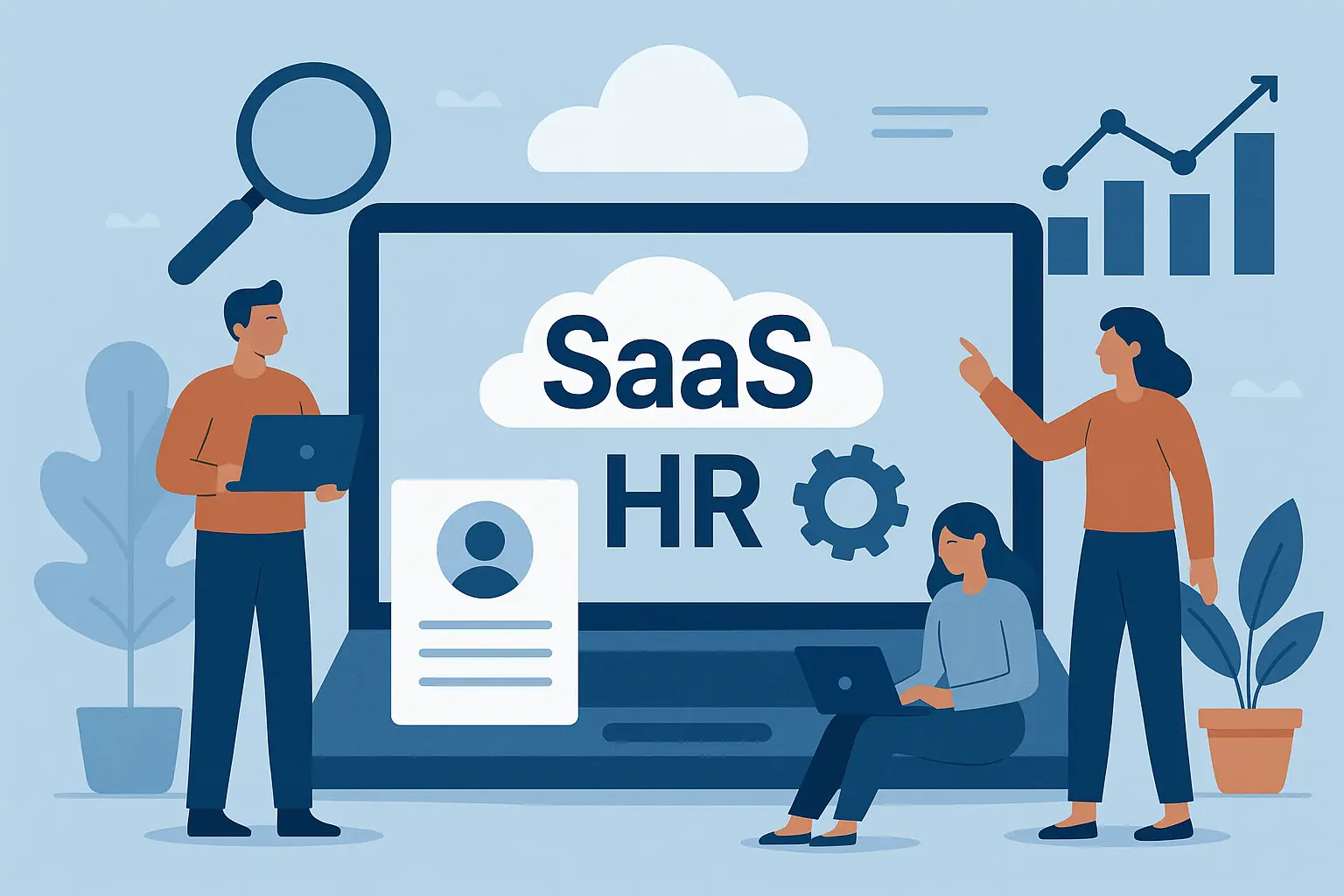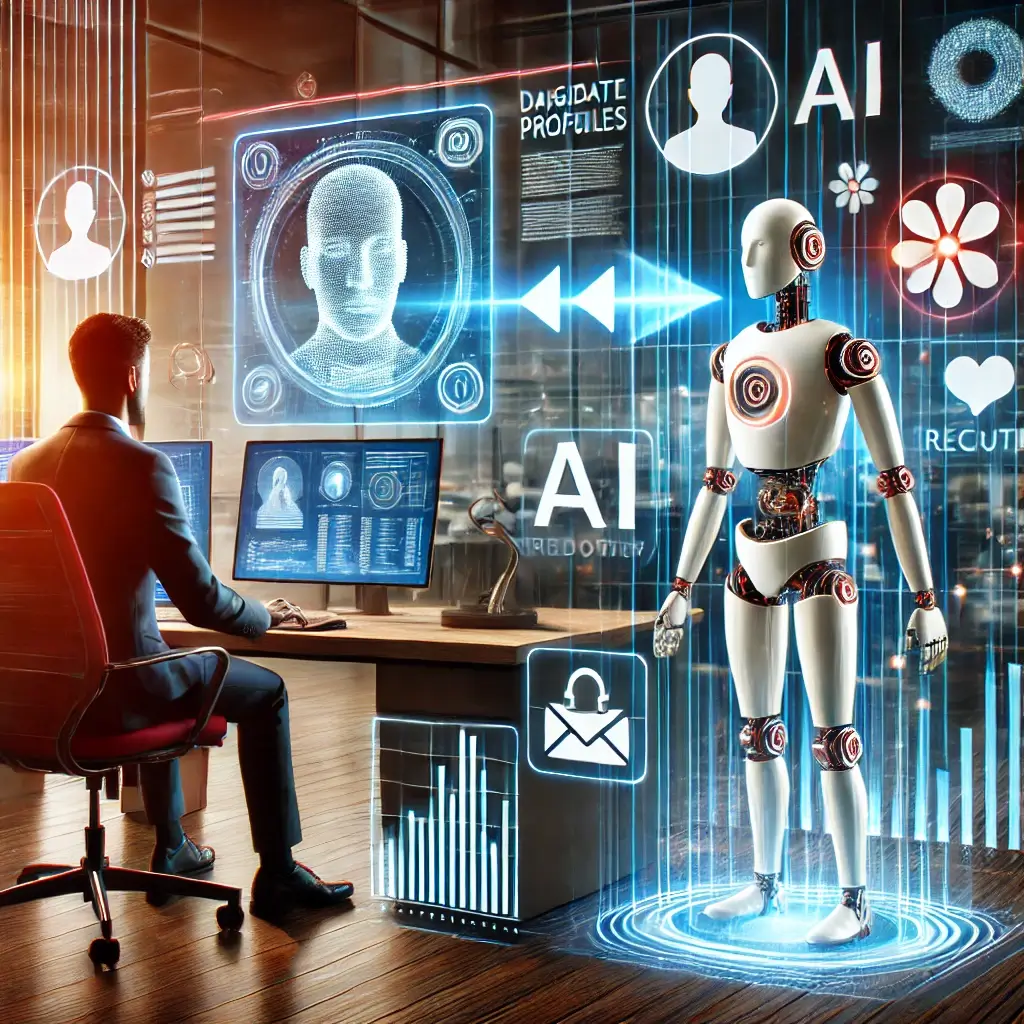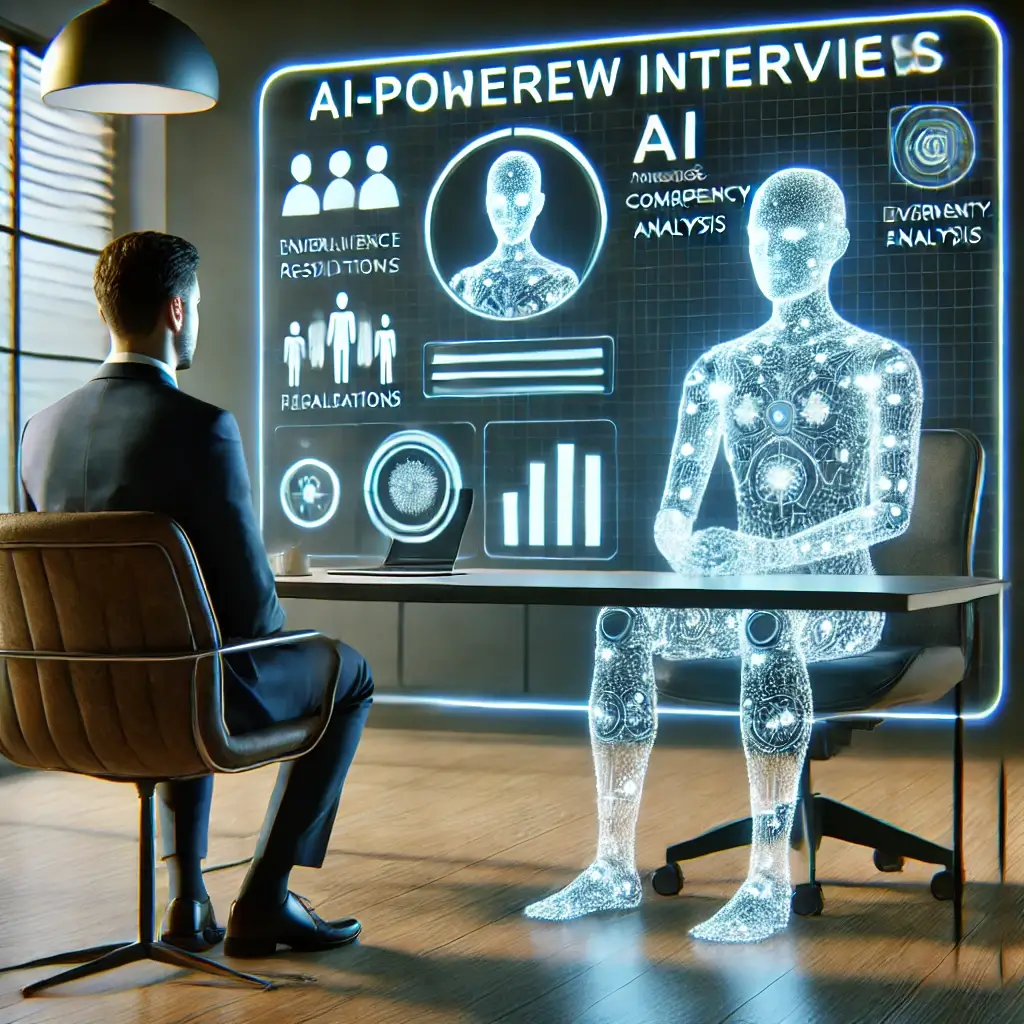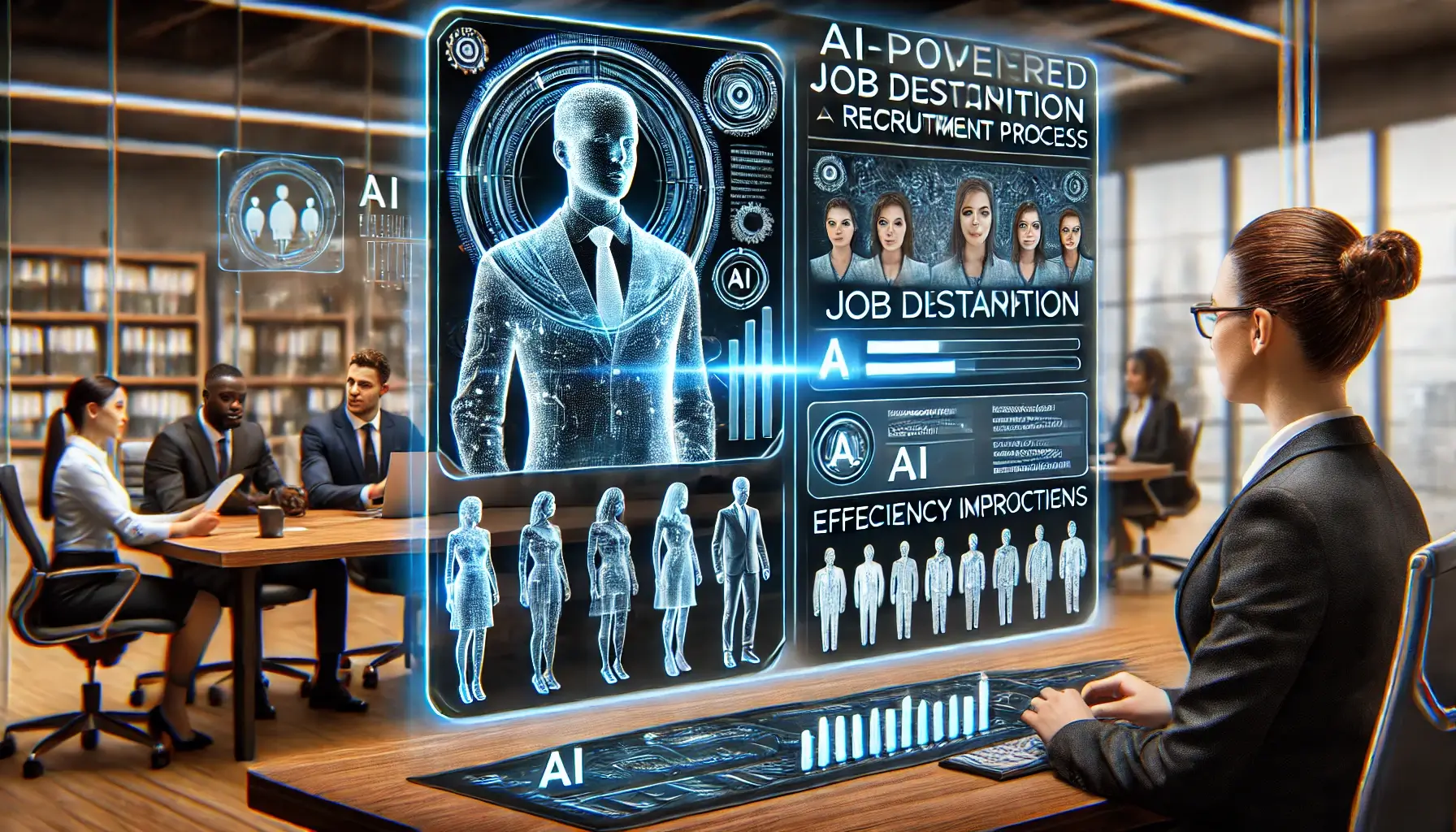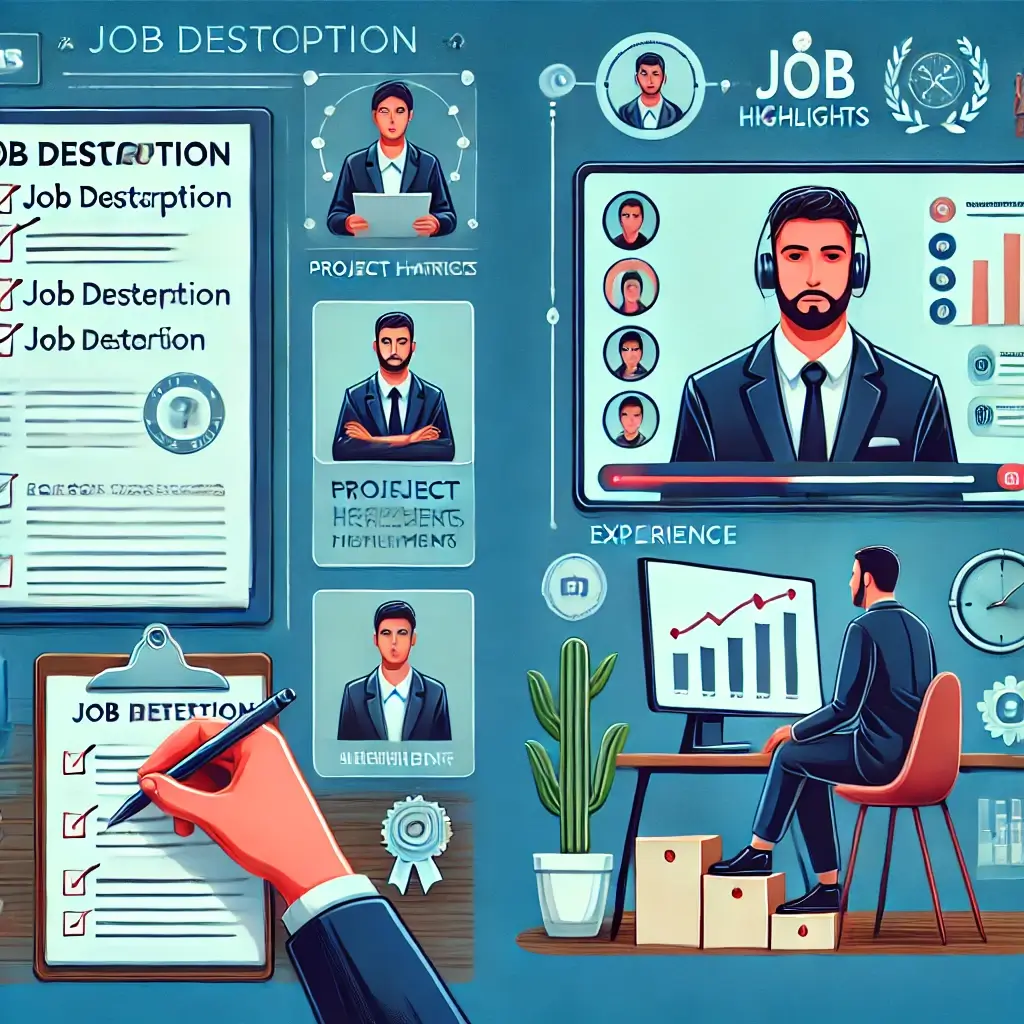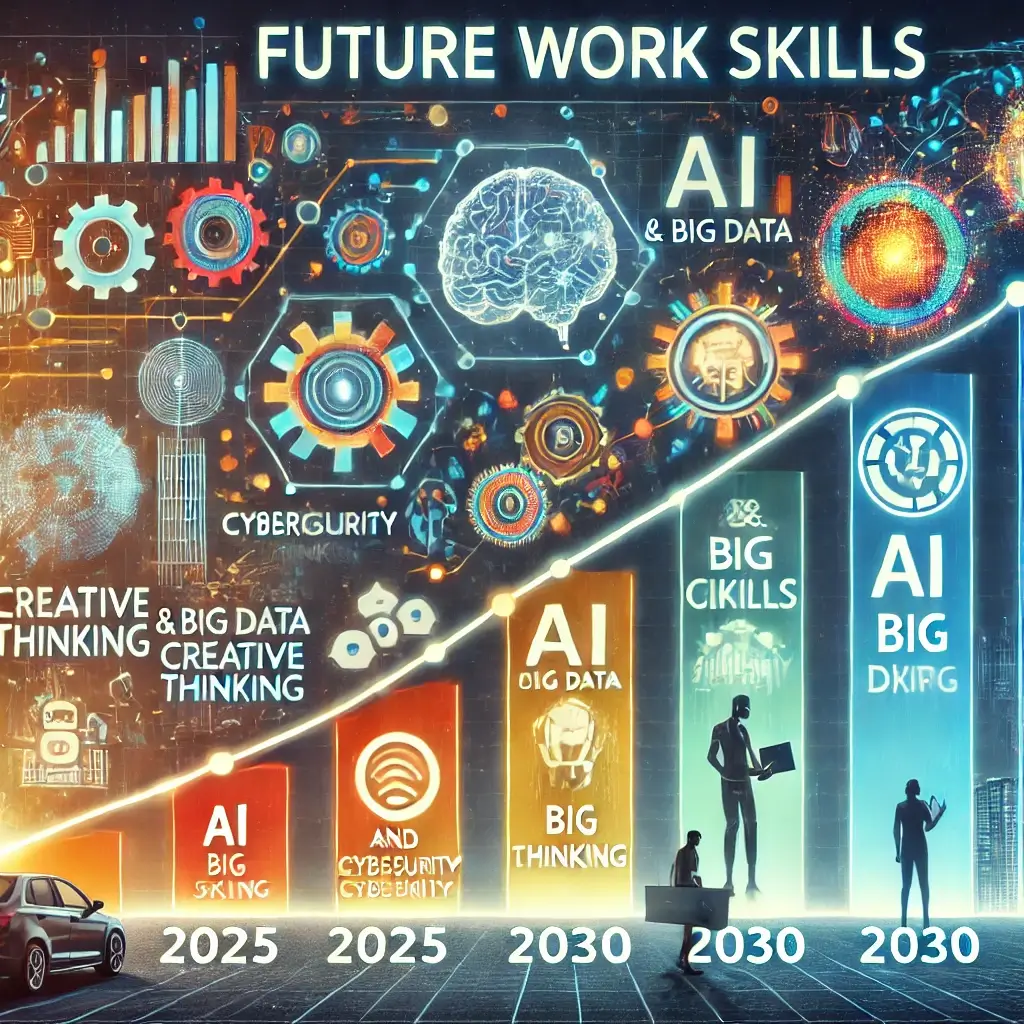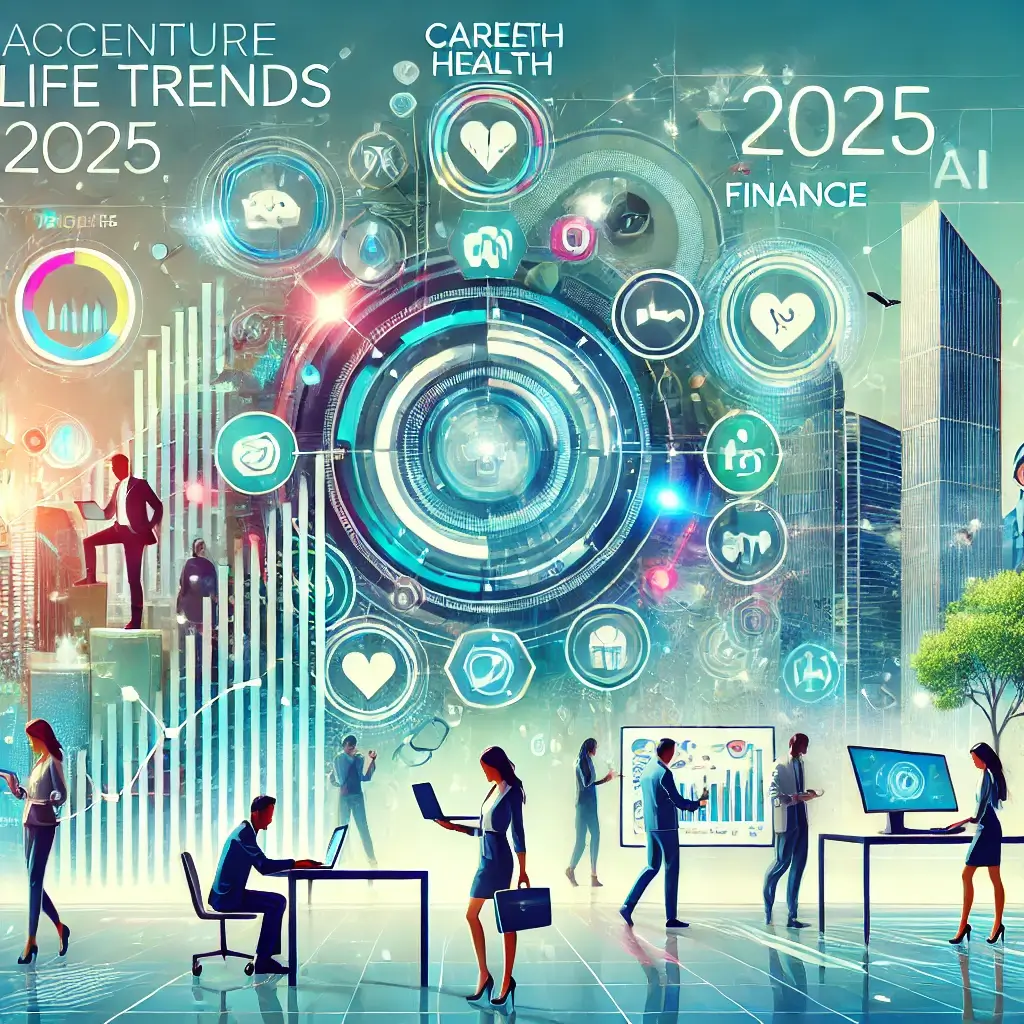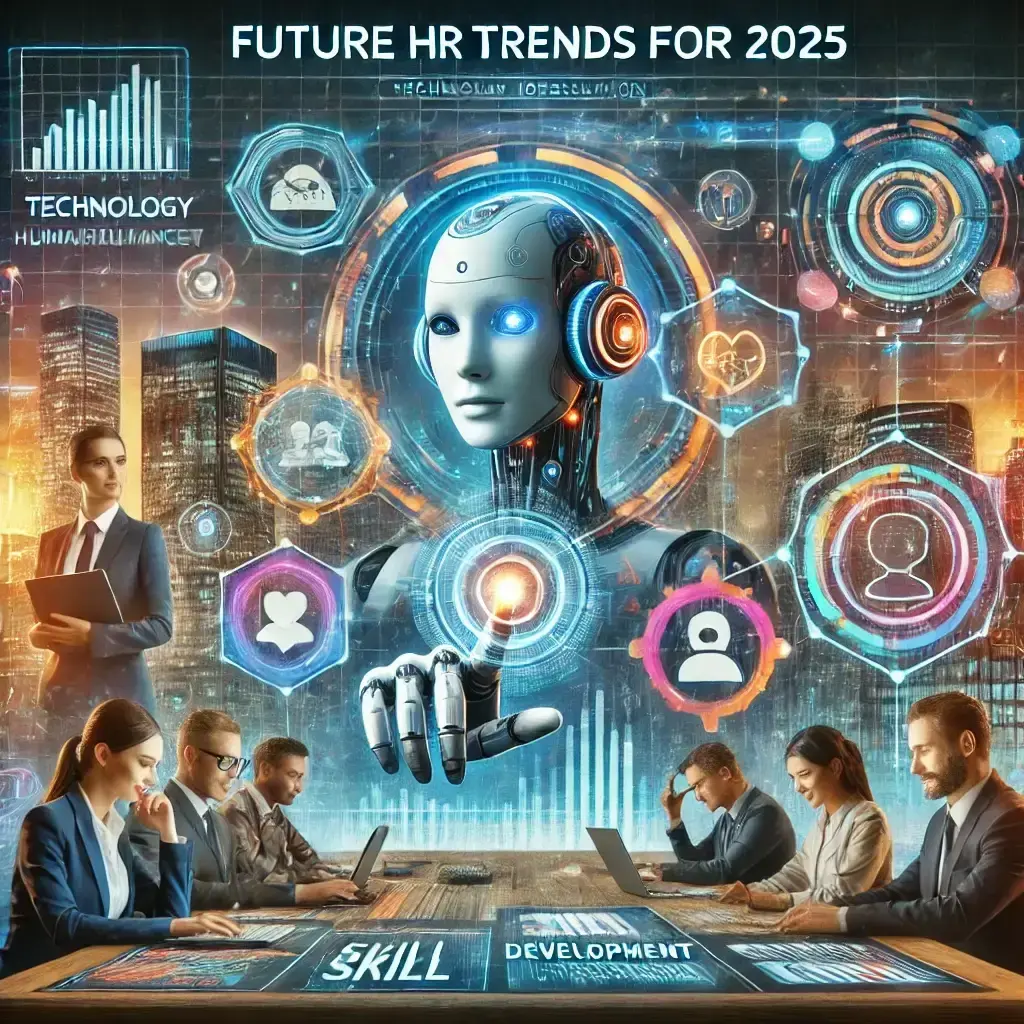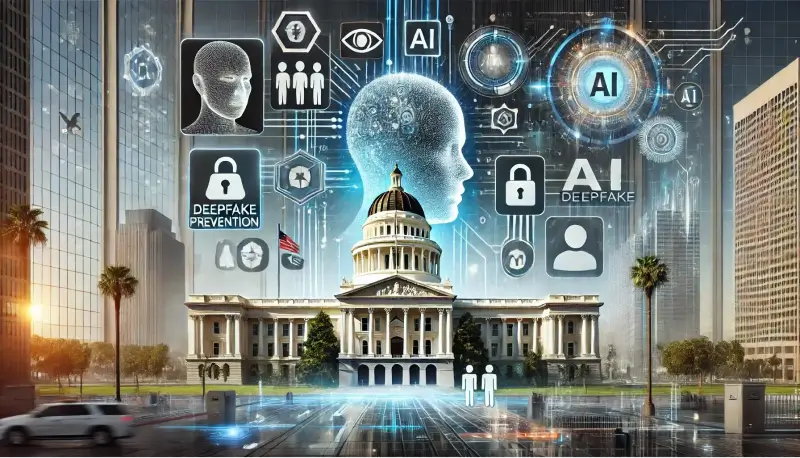Mass Recruitment Challenges and the Role of HR Technologies
Explore the complexities of large-scale hiring and how AI-powered solutions like hiringcycle.ai are revolutionizing the process.
hiringcycle.ai Team15.08.2023

In the recruitment landscape, onboarding a large number of employees swiftly can be challenging. Particularly roles like sales representatives, customer service agents, retail staff, logistics, and hospitality professionals come with unique challenges. Focusing on sales representatives for example, the frontline workers interacting directly with clients. Therefore their knowledge, attitude, and professionalism are pivotal to a company's success. Rushed hiring can unintentionally reduce talent quality, with lasting repercussions.
Understanding the Challenges of Mass Recruitment
Venturing into large-scale hiring, especially for customer-interfacing roles, unveils several pitfalls:
- Maintaining Quality: The rush to hire might sideline quality, potentially impacting performance and increasing turnover.
- Training Consistency: Inducting numerous new hires simultaneously could overstretch training resources, risking inconsistency.
- Cultural Fit: With a surge of newcomers, ensuring a cultural fit becomes challenging.
- Logistical Difficulties: Coordinating interviews, handling paperwork, and organizing orientation sessions can be taxing.
- Budget Constraints: Meeting the demand for numerous hires while being cost-efficient is challenging.
- Minimizing Bias: A swift hiring process may inadvertently insert biases, skewing workforce diversity.
- Retention: Mass-hired employees might lack the dedication seen in those recruited through detailed processes, leading to higher attrition.
Can HR Tech Help?
The silver lining? Contemporary recruitment strategies harnessing AI can notably curtail these challenges. HR tech instruments, like hiringcycle.ai, delve into extensive data, refining the hiring process to ensure quality and uniformity.
What unique benefits does Hiring Cycle introduce to mass recruitment?
- Efficiency in Hiring: Capable of rapidly processing abundant data, Hiring Cycle facilitates swift and precise candidate screening using comprehensive job descriptions.
- Unbiased Recruitment: Properly tuned machine learning algorithms bypass human biases, underlining fairness and fostering diversity in hiring.
- Cost-Effective: Automating preliminary screening stages, Hiring Cycle can usher in significant cost savings. This, coupled with quality emphasis, also slashes turnover-related expenses.
- Quality Assurance: AI tools, tailored with a profound grasp of job roles, ensure both shortlists and longlists of superior quality.
Hiring in bulk, termed as mass recruitment, has perennially been a hurdle for firms. However, the advent of AI-based recruitment tools heralds a transformative phase. These pioneering tools aim to expedite hiring, emphasizing fairness and securing top-tier candidates. By swiftly sifting through vast data, HR tech pinpoints optimal candidates, diminishing human biases. In essence, AI innovations are brightening the horizon for future hiring.
Blog



